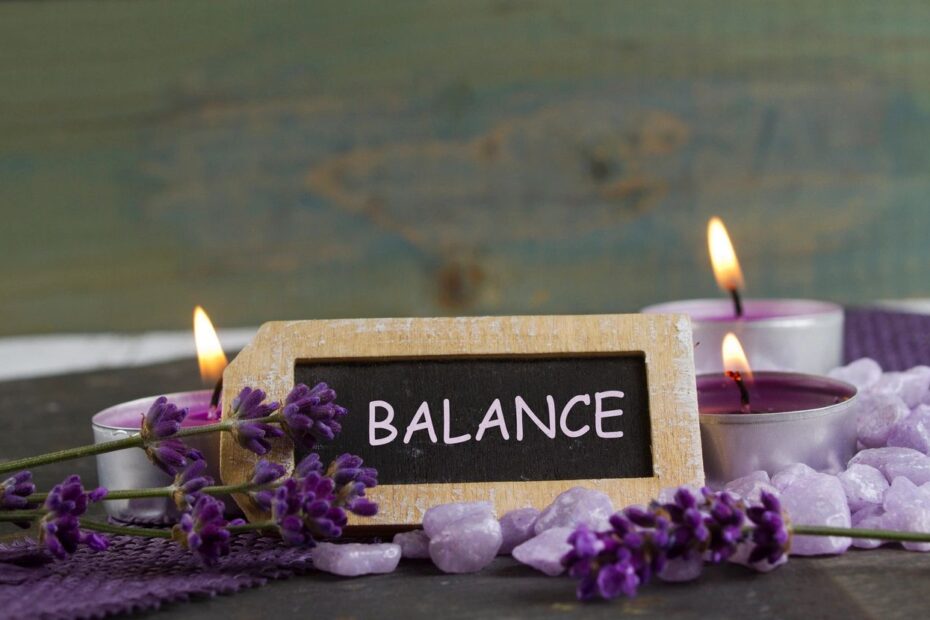Self-care is a term used to describe anything that you do to help yourself nourish the daily energy you have spent towards activities and tasks. In other words, its about being kind to yourself and recognizing when you are running low on resources and letting the effects of stress become overwhelming.
“Stress [and emotional pain] is a reaction, either real or imagined, to a situation, events, or people. The most common triggers of stress are some kind of loss –the loss of, or change in a relationship, the loss of another person, or the loss of stability associated with change”. – Vancouver Crisis Center
Stress can lead to changes in your body (tension, headaches, stomached, sleep difficulties, etc.), changes in your actions (withdrawing from others, substance use, constant chatter, short temper, fidgeting, etc.), changes in your emotions (loneliness, depression, confusion, irritability, etc.), and changes in your thinking (trouble concentrating, lost self-confidence, negative self-talk, poor judgement, etc.). Thus it is important to incorporate self-care into your routines.
With this said, self-care is not adding more things to your “to-do” list but rather identifying your essential needs and prioritizing them. Self-care is about creating behaviours or healthy habits that nurture yourself in order to give your best and provide value to the world by having the energy to live your purpose.
*** Please note self-care is a personal journey and each day life is changing. It is important to continuously look after yourself and reflect on your health and wellbeing. ***
Types of Self-Care
|
Sensory Sensory self-care is all about helping to calm your mind. When you think about practicing sensory self-care, consider all of your senses: touch, smell, sound, and sight. Most people are more responsive to one than the others, so ask yourself what that sense might be for you.
|
Sensory Self-Care Ideas · Cuddling up under a soft blanket.
|
|
Emotional
|
Emotional Self-Care Ideas · Keep a daily journal, and be totally honest about your feelings. · See a therapist, even if it’s just for 8-10 sessions of general personal development. · Write a list of “feeling words” to expand your emotional vocabulary. · Make time to be with a friend or family member who truly understands you. · Let yourself cry when you need to. · Deliberately encourage yourself to laugh with old memories or funny videos. · Sing along to the song that best expresses your current emotions. |
|
Spiritual
|
Spiritual Self-Care Ideas · Keep up a daily meditation or mindfulness practice.
|
|
Physical In addition, remember that physical self-care is also about the things you don’t do such as: |
Physical Self-Care Ideas · Dance to your favourite songs
|
|
Social
|
Social Self-Care Ideas · Make a date to have lunch or dinner with a great friend. · Consider joining an organization you can volunteer with · Write an email to someone who lives far away, but who you miss. · Reach out to someone you like but haven’t seen in a while. · Consider joining a group of people who share your interests. · Stop socializing with those who undermine or disempower you. · Strike up a conversation with someone interesting. · Join a support group for people who struggle with the same things you do. · Sign up for a class to learn something and meet new people at the same time. |
Reflection Questions:
-
- What does self-care mean to you?
-
- How do you currently take care of yourself?
-
- What self-care practice(s) can you incorporate into your life today?
